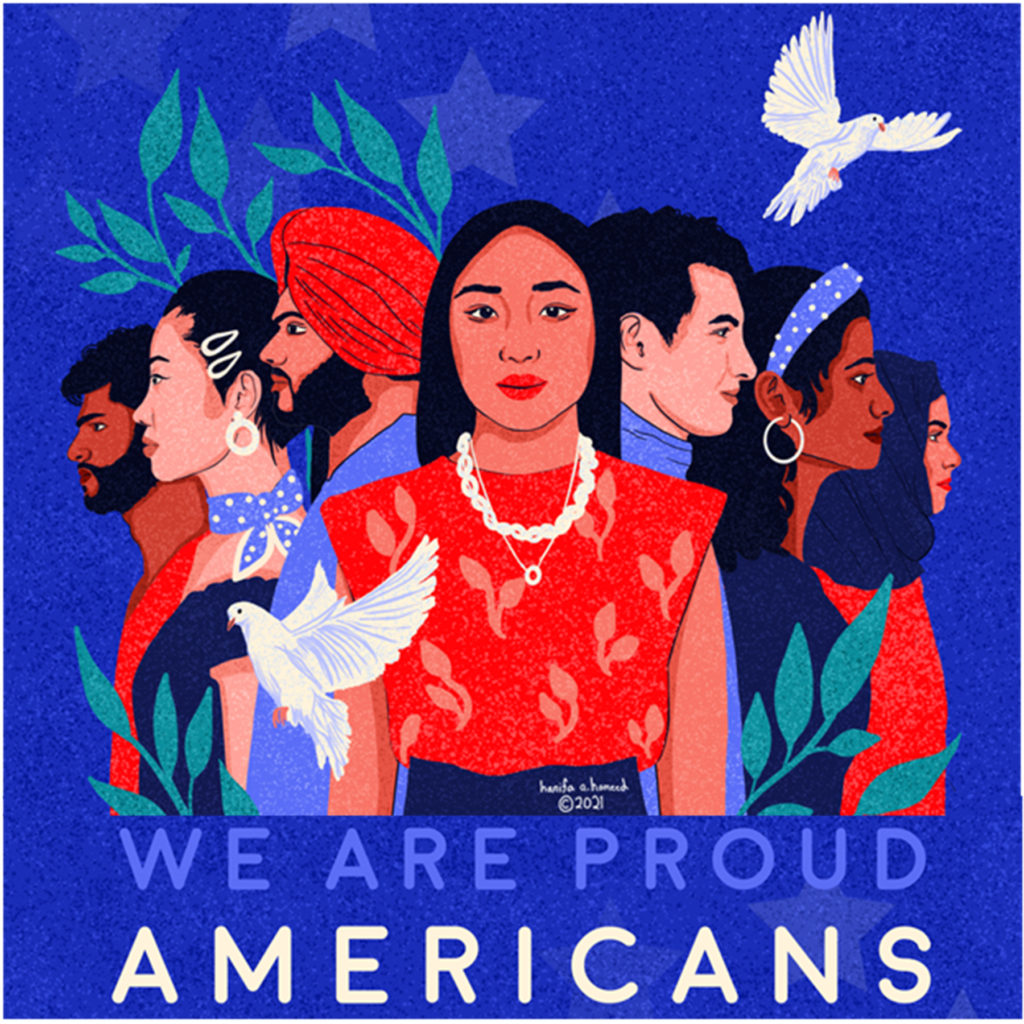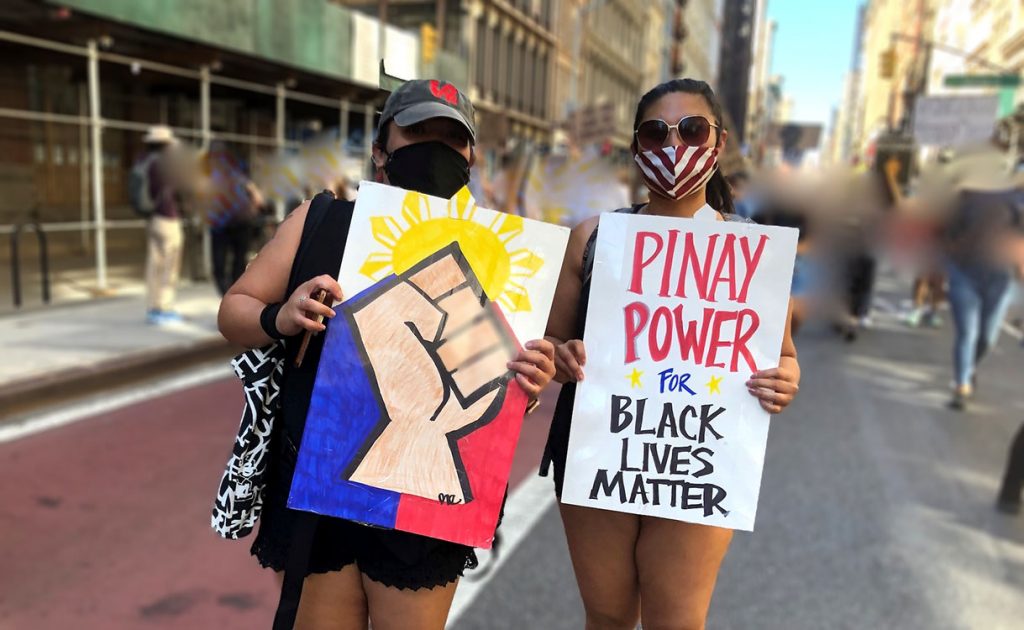How Asian small business owners are negotiating community and commerce in Baltimore
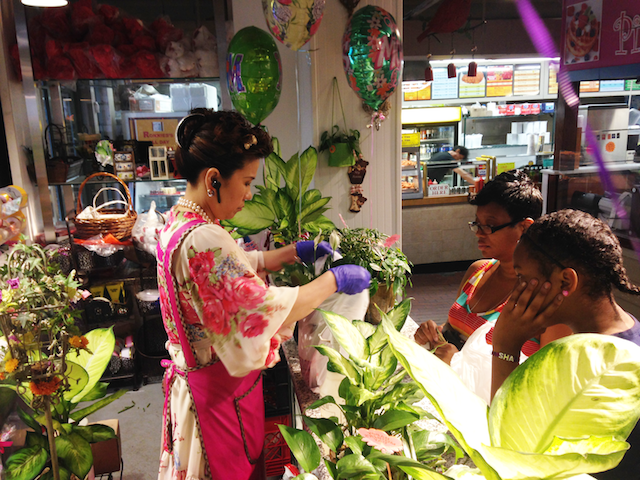
June 18, 2015
A village is always somewhere burning
And if you do not look because it is not your village
it is still your village.
—Elana Bell
Just a quarter of a mile from the corner where Baltimore police officers picked up Freddie Gray and began the fateful van ride that ended his life, and where two murals now stand honoring Gray’s memory, Li Yu Chen and her husband own and operate No. 1 Chinese Carry-Out, one of a number of dingy Chinese take-out restaurants that dot the Sandtown neighborhood in Baltimore.
Every day, Chen sits behind the Plexiglass window that separates the kitchen from the counter, taking orders that she carefully writes down in Chinese on a sheet of white paper. Chen and her husband have owned this restaurant, a small storefront squeezed between a medical clinic and a variety store, at this corner of Pennsylvania Avenue since they moved to Baltimore in 1988.
From her perch behind the counter, she can see the CVS that was ransacked and engulfed in flames on the evening of Tuesday, April 27. She saw it happen, she said, from her apartment window on the second floor where she lives right above her restaurant.
But aside from closing early that day, at 4 p.m., they, the Chens, “had no problems.”
“One customer actually told other young people, ‘Don’t give Mami any problems,’” she told me in Mandarin.
And while other stores on her block were shuttered the next day, on the 28th, she opened. For Chen and her husband, it was just another day to do business in Baltimore.
Her quotidian story is markedly different from the majority of new reports that have come out of Baltimore during the past month about shop owners just like her—that small pockets of protestors and looters in the wake of the death of Freddie Gray set out to deliberately target Asian-owned small businesses in this part of the city.
There’s this NPR story, with the headline, “Baltimore Unrest Reveals Tensions Between African-Americans And Asians.”
And this Daily Beast article, which paints the picture of a Chinese immigrant family left with nothing but pennies. And this New York Times article, which included a line from an unidentified Crips member who apparently said that he and others had pointed people to Chinese- and Arab-owned stores on the night of the 27th.
Picked up by the ethnic press and circulated endlessly on social media, the narrative that long-simmering Black and Asian tensions were, if not the direct, at least ancillary causes of the rioting and looting has gained traction.
This media narrative isn’t new. Similar stories were trotted out in LA in 1992, when South Central LA erupted after four police officers were acquitted in the beating of Rodney King, and Korean-owned businesses found themselves in the crosshairs. Elaine Kim, an ethnic studies professor at the University of California in Berkeley, wrote a blistering critique in Newsweek at the time of how the news media in LA sensationalized the destruction to divert attention away from issues of police brutality and disinvestment in Black communities.
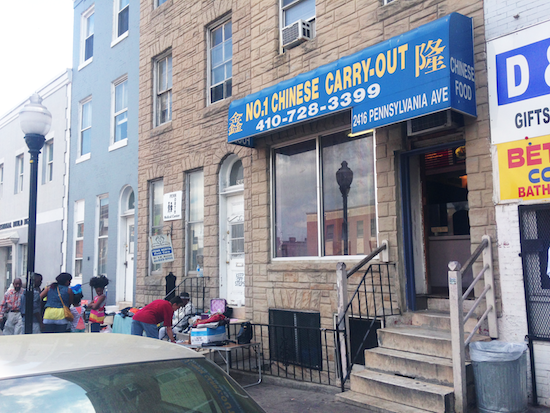
As Jeff Yang recently pointed out, this fascination with Black-Asian tension in Los Angeles, in Ferguson, and in Baltimore is a “misleading, hyperbolic, and dangerous distraction, one that shifts blame away from the real issues.”
This narrative also often suggests that the tension is one-directional, not Black and Asian so much as Black towards Asians, who are often painted as the innocent, hard-working victims of unjustified and uncontrollable Black rage.
***
“I think the Black and Asian communities get along very well. We co-exist here.”
That’s what John Bang, a Korean immigrant who owns Hopkins Beauty Supply in Sandtown, told me when I asked him whether he thought that race relations were an issue in his city. While his statement can come off as overly optimistic, he insisted that his viewpoint is borne out of experience.
Beauty supply stores like Bang’s, as well as restaurants like No. 1 Chinese and Asian-owned corner stores, liquor stores, and nail salons are ubiquitous in Baltimore’s Black neighborhoods.
Hopkins Beauty Supply is a 10 minute walk down Pennsylvania Avenue from Chen’s take-out restaurant, and close enough to where Freddie Gray lived that, according to Bang, Gray’s sister and mother are regular customers (his wife, according to Bang, saw them being interviewed on television and told him that she recognized them from the store).
At 3,600 square feet, the large, brightly lit and, on this late spring day, blessedly air conditioned store is fully stocked and buzzing with shoppers. It’s a marked contrast to some of the other, more ramshackle businesses I’ve passed, and it’s clear that he takes pride in his store.
Bang and his wife moved to Baltimore in 1993 from Los Angeles, where he worked for a Korean property management company that went belly up after the riots.
His uncle in Baltimore introduced him to the beauty supply business, and today, Bang owns two stores, both of which went unharmed during the past month.
The reason, according to him? His customers intervened, echoing what Chen had told me earlier. “People were saying, ‘Don’t hit Hopkins,’” he said. “We heard that from four to five customers. The following day, we had 40 to 50 phone calls asking, ‘Are you alright? We’re so glad you’re open.’ We felt the warmth. They really cared. Some of the customers, we’ve known for 20 years.”
Bang didn’t just rely on the goodwill of his customers—he also stayed in his shop overnight on the 28th, armed to the teeth with a pistol, rifle, and a shotgun. “After the LA riots, I understood why civilians have to arm themselves,” Bang explained.
Other stores on the block were not so fortunate—a different beauty supply store just two doors down from his was looted and remained closed, more than a week later. And further down Pennsylvania Avenue, a liquor store that had been ransacked was still shuttered, its windows boarded up with plywood.
Bang had some theories why. “If you are going to run a business in this area, you have to be a part of the community. Let’s say you’re a liquor store owner and are rude to your customers,” he said. “When civil unrest happens, people who have a grudge can hit back.”
He has a perspective that isn’t often heard or told—namely, that small business owners have a certain responsibility to the residents of the neighborhoods where they operate.
“You can’t just come in and make money and get out. You have to invest your time, your patience, get to know your customers,” he said, implying that some shop owners don’t share this mindset.
“Twenty years ago, when I started and now, the way I see things is totally different. In the beginning, you think, everyone’s going to steal from you. Right now, I just say, ‘Don’t do that anymore and don’t come back to my store.’ I’m more relaxed, more mature.”
He added, “People are just doing the best they can, and so are we.”
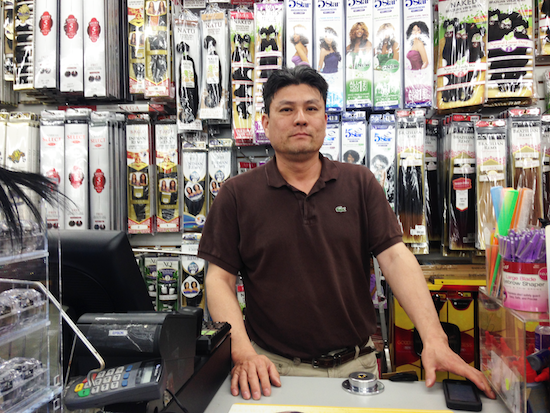
That sentiment was echoed by Myong Shin, who along with her family owns and operates a mini-empire of four stalls in the sprawling Northeast Market in east Baltimore, one of the city’s many public indoor markets. The Shins have been in the market since 2005, first taking over the popular Monument Chicken stall from her sister and then expanding to include their current-day flower shop, smoothie stall, and deli.
Some of her friends who own businesses—what she called “outside stores”—in other parts of Baltimore were ransacked, and the impact of the LA riots still linger for her. “We worry about it,” she said, though she added she’s never felt any real threat before.
And Shin hasn’t let the recent events faze her. On a bustling Saturday before Mother’s Day, a steady stream of customers is stopping by Shin’s flower stall. She is unfailingly polite to them, asking how she can help and wishing them all a happy holiday.
“I want to still keep good relationships with my customers,” she said. “I’ve stayed here 10 years, they know about me.”
While misunderstandings do sometimes happen, she attributes them mostly to language barriers.
“We need more [English] speakers, to explain the situation,” she said. “I keep trying to understand.” She’s taking English classes three nights a week, she told me, so that she can improve her ability to communicate.
“I want to more listen, understand their life,” she said. “There are good people. We’re still going to talk nicely.”
***
It would be naïve to believe that tensions don’t sometimes arise between shopkeepers like Li Yu Chen, John Bang, Myong Shin, and their customers. Chen worries about the heroin deals she sees take place through her window. Shin doesn’t hire Black employees because, she told me, she’s found them to be unreliable. And Bang doesn’t live in the neighborhood where he runs Hopkins Beauty Supply, preferring to raise his family and pump his tax dollars into Ellicott City, one of the tony suburban communities that ring Baltimore.
And in Baltimore, Korean-owned liquor stores are increasingly on the defensive. In recent years, these stores—ubiquitous in poor Black neighborhoods like Sandtown and critiqued as contributing to higher rates of violent crime—have come under fire. Many in the city, from local activists to the Mayor, are calling for a new zoning ordinance that would force as many as 100 to shutter their doors, with a disproportionate impact on Korean proprietors.
Yet to view these matters through the lens of interracial animus would be to misread a situation that is more complicated than that simple narrative, and to miss a truth that has more to do with the impact of decades of White flight and public and private disinvestment that have ravaged Black Baltimore, leaving its schools underfunded, its blocks half-empty, and no jobs to be found.
It is this context that Asian immigrants have entered, and it’s here where they will remain.
Li Yu Chen, for one, has no plans to leave her adopted city, one where she’s remained for more than a quarter of a century. “My husband, son, we all live here,” she said. “Where would we go?”

